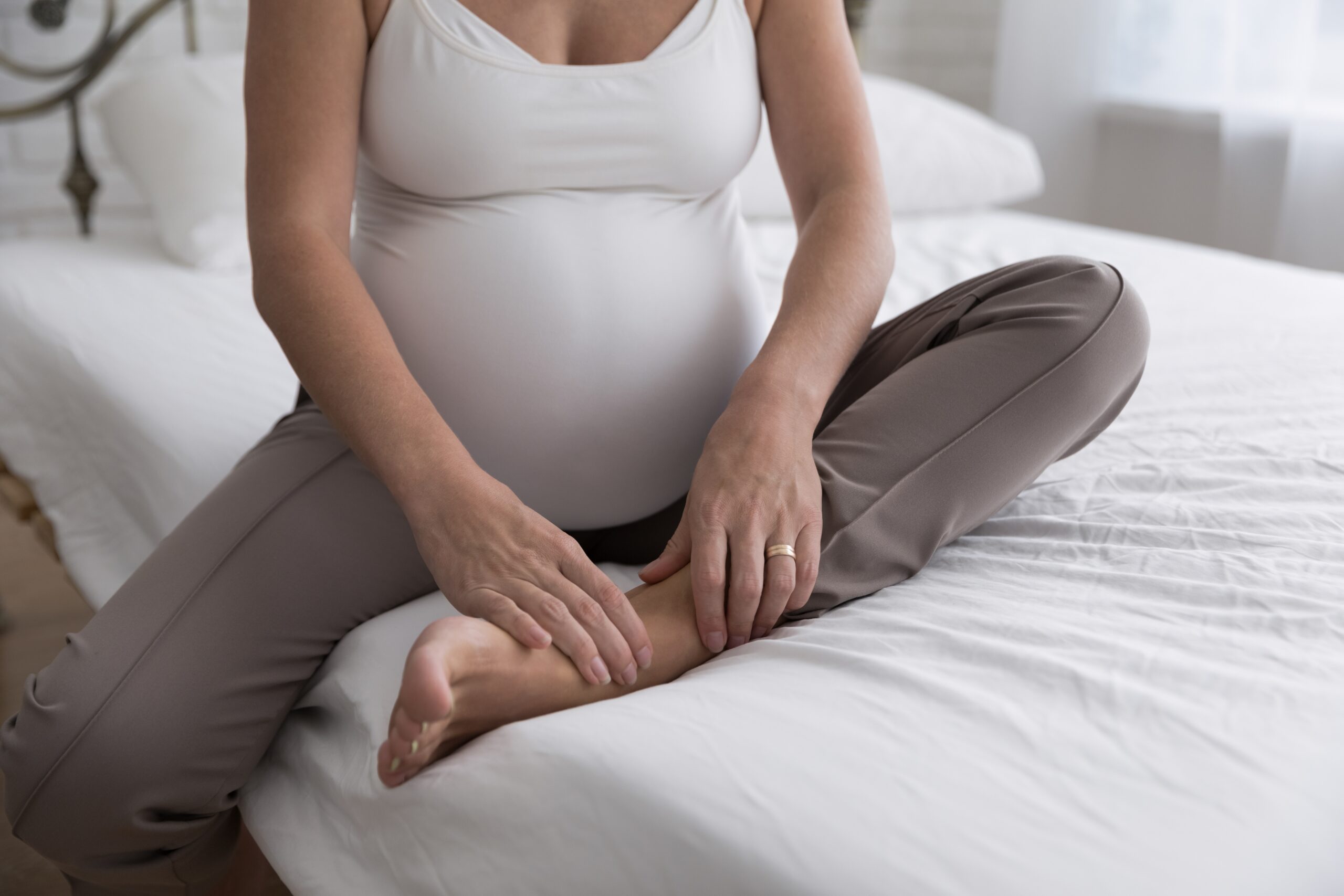🤰 Pregnancy and Vein Health
Pregnancy brings many changes to a woman’s body, and one area that is often affected is vein health. Increased blood volume, hormonal changes, and the physical strain of carrying a baby can all contribute to the development of vein issues, such as swollen leg veins and other circulatory problems. While many women experience some form of vein discomfort during pregnancy, understanding the impact on vein health and seeking appropriate care is key for preventing long-term complications.
🩺 How Pregnancy Affects Your Veins

During pregnancy, your body undergoes significant physiological changes, many of which affect the veins in your legs and pelvic area. The growing uterus puts pressure on the veins, which can lead to poor circulation and the development of varicose veins.
Here are some common ways pregnancy can affect vein health:
-
🩸 Increased blood volume: The body produces more blood to support the pregnancy, which can place additional pressure on the veins.
-
🔄 Hormonal changes: Pregnancy hormones, particularly progesterone, relax vein walls, making it easier for veins to become enlarged and varicose.
-
🧷 Pressure from the uterus: As the uterus grows, it can press on veins, especially those in the pelvic region, contributing to the development of varicose veins or making existing vein issues worse.
🔍 Signs of Vein Problems During Pregnancy
While varicose veins are common during pregnancy, not all vein issues are easily visible. Here are some signs to watch for:
-
🦵 Swelling in the legs and ankles
-
⚖️ Pain or heaviness in the legs
-
👁️ Visible, bulging veins
-
🩹 Itching or skin changes near veins
If you notice any of these symptoms, it’s important to consult a vein doctor to determine whether treatment is necessary.
✅ What You Can Do to Prevent or Manage Varicose Veins
Fortunately, there are several measures you can take to manage vein health during pregnancy and reduce the risk of developing varicose veins:
-
🚶♀️ Exercise Regularly:
Walking can improve circulation and help reduce the pressure on your veins. Avoid standing or sitting for long periods. -
🛏️ Raise Your Legs:
Elevating your legs helps reduce swelling and encourages blood flow back to the heart. Resting with your legs propped up can help alleviate discomfort. -
🧦 Wear Compression Stockings:
Compression stockings provide support and improve blood flow. Recommended for pregnant women prone to varicose veins. -
🍎 Maintain a Healthy Weight:
Follow your doctor’s guidelines for healthy weight gain to avoid excess strain on your veins. -
👖 Avoid Tight Clothing:
Especially around the waist — tight clothes can restrict circulation. Opt for loose-fitting, comfortable outfits.
🧘♀️ Varicose Vein Therapy During and After Pregnancy
If you develop varicose leg veins during pregnancy, the good news is there are treatment options available.
During Pregnancy:
🧴 Use non-invasive treatments like compression stockings, leg elevation, and basic vein care. Avoid invasive procedures unless advised by a specialist.
Postpartum Treatment:
💡 After childbirth, options like laser therapy or sclerotherapy become available and are generally safe once your body has recovered.
📞 When to Consult a Vein Doctor

Mild vein discomfort is common, but you should consult a vein specialist if:
-
😖 Persistent or severe leg pain
-
🧊 Severe swelling or redness in the legs
-
🩺 Ulcers or sores near veins
-
⚠️ Unexplained blood clots or DVT
A vascular doctor will assess your symptoms and recommend an appropriate treatment plan to support your vein health and overall well-being.
💉 Varicose Leg Veins Treatment Post-Pregnancy
After giving birth, many women notice improvement in vein health. However, if varicose veins remain:
-
Consider treatments like sclerotherapy, laser therapy, or vein stripping, depending on severity.
-
Always consult with a vein specialist to find the best and safest solution for you.
Andy Sharifi
Position

